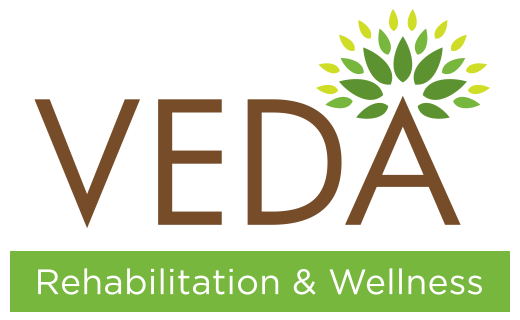Addiction is an inability to stop using a substance or engaging in a behavior even though it is causing psychological & physical harm. Addiction is a term that is easy to start and extremely hard to stop. If you are noticing a lack of energy, you have an inability to stop using a substance even after trying ‘n’ number of times, you have relationship difficulties, lost immense weight, declined grades, etc. Then you might be addicted.
Did you know? Addiction can change the structure of your brain. But, the first good step towards escaping the addiction is to acknowledge that there is a problem. If you know that you are getting addicted to a certain thing, approach a counselor immediately. After having sessions with your psychologist, if he/she feels that the addiction is intense, the psychologist will suggest you visit a rehabilitation center for the treatment. Now, a question must have arrived in your mind, ‘Why do psychologists suggest Rehab?’
Regular sessions with the psychologist will help you to channelize your thoughts and know the roots of your addiction. But, the thing which plays a major role in treating addiction is ‘Habit-Building’. You need to live a healthy lifestyle & be aware of everything you do 24*7. Rehabilitation and de-addiction centers help you to build a healthy lifestyle by supervising you and taking your care for some consecutive months. That’s why psychologists send you to the Rehab if the issue is intense Now, the question arises,
How do Rehabs treat addictions?’ So, the treatment of addiction in rehabilitation centers goes under 4 phases: –
-
Making a customized plan for you: –
The process begins with an intake interview which involves meeting with the in-house psychologist to discuss the exact issue and figure out the best treatment plan for you. During the interview, you may be told to undergo a medical examination, a psychological assessment along a detailed history of drug abuse. The main motive is to develop a personalized treatment plan which works best for you.
-
Detoxification Process: –
Phase 2 involves safely removing all the toxins from your body caused due to substance abuse. But, this detoxification process is medically supervised by a psychiatrist. During the process, you will also experience withdrawal symptoms. People experiencing withdrawal symptoms benefit from monitoring and using pharmacological interventions.
-
Recreating your lifestyle: –
In the third phase, psychologists help you to address the underlying issues behind your addiction, acknowledge them and make sure that they no longer affect your present and future. Through various group therapies, family therapies, and individual therapies, rehabs help you in gaining self-awareness, boosting your self-esteem, and developing a positive attitude towards life.
-
Long Term Healing: –
It’s not like you will be completely alright forever once you complete your treatment. Recovery is a process of a lifetime. Even if you feel better at the end of the treatment, life will throw ‘n’ number of challenges to trigger your addiction. That time, sustainable recovery strategies will help you in fighting those challenges even after going back home.
How ‘Veda Rehabilitation and wellness’ can help you in This?
Veda rehabilitation and wellness have a client-centered program that involves dialectical behavior therapy that teaches you various coping strategies to use after you have completed your treatment. Through mindfulness-based stress reduction therapy, expressive arts therapy, REBT, CBT, etc we make you self-reliant to face your triggers, adopt healthy habits & indulge in productivity. Veda also provides follow-up sessions for 3 months where you can discuss your issues while implementing the techniques learned. That makes Veda the best rehab in India. If you are searching for good addiction treatment, visit our website and call us now.
Have a good life ahead!
Kalpesh Kulkarni
Psychologist
Veda Rehabilitation and wellness

